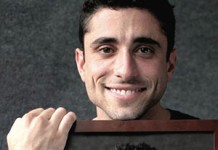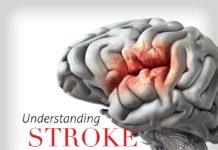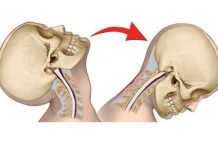Chinappi AS Jr, Getzoff H
OBJECTIVE: To present a case demonstrating the concept of integrated dental-orthopedic and craniochiropractic care for treating structural disorders of the jaw, neck and spine.
CLINICAL FEATURES: A 33-yr-old woman sought orthodontic therapy for an overbite and severe crowding of the lower teeth. She reported a history of bilateral headaches and jaw popping. Orthodontic examination revealed degenerative changes in the right temporomandibular joint and restricted jaw opening. While in treatment, the patient began to experience severe temporomandibular joint pain and neck/lower back pain, which convinced her to accept chiropractic care. Initial chiropractic sacro-occipital technique (SOT) evaluation found Category II weight-bearing instability of the sacroiliac joint, specific thoracic and cervical vertebral subluxations, cranial sutural restrictions and temporomandibular dysfunction. Cervical X-rays revealed absence of the anterior cervical curve, characterized by parallel vertebral base lines.
INTERVENTION AND OUTCOME: In addition to orthodontic treatment, the patient also received semiweekly (then bimonthly) adjustments of the spine, neck and cranial sutures. The cotreatment approach eliminated pain while improving head, jaw and tooth position.
CONCLUSION: The position of the jaw and head and neck are intricately linked. The acute symptoms experienced during the initial dental treatment phase were caused by the inability of the head and neck to adapt to maxillary and mandibular changes. Chiropractic treatments enabled the body to respond positively to the dental changes. As the mandibular position improved, further improvements were indicated by physical testing and X-rays.







